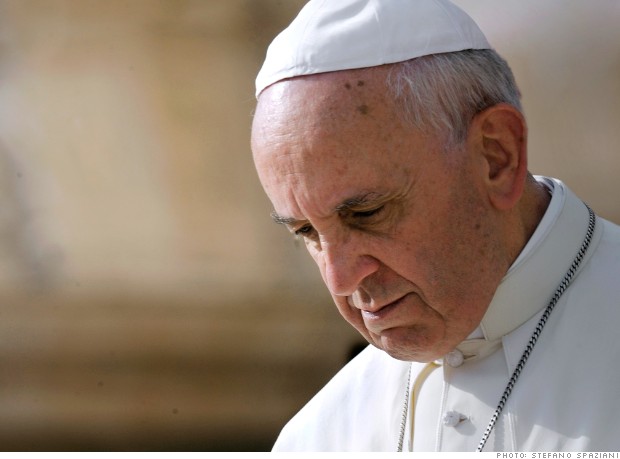The Prize: The Epic Quest for Oil, Money, and Power is Daniel Yergin's history of the global oil industry from the 1850s through 1990. The Prize became a bestseller owing to its release date: it was published in October 1990, two months after the invasion of Kuwait ordered by Saddam Hussein and three months before the U.S.-led coalition began the Gulf War to oust Iraqi troops from that country. It eventually went on to win the Pulitzer Prize.
The Prize has been called the "definitive" history of the oil industry, even a "bible".
My notes
In a span of 20 years, war ravaged the oil-rich Middle East four times. After the Gulf War, for example, the Iraqi army was shattered, but Kuwaiti oil fields were in flames.
60% of oil reserves are in the volatile Gulf Region.
For more than a century, Kuwait was protected by the British. But in 1971, there was an abrupt change in forces. It left a military and political vacuum, and the US was ill-suited to fill that vacuum, due to Israeli affiliation and public reluctance.
President Nixon courted Shah of Iran, who had built his country up as an empire. Which eventually led to his downfall.
He wanted German industrial strength and British pomp and circumstance. To finance his ambitions, he pushed oil production. But he didn’t control prices.
The West took cheap Middle East oil for granted. National oil companies were the conduit for festering resentment and emerging nationalism.
BP oil was based in Kuwait, Iran and Iraq. For years, pearl fishing carried Kuwaiti economy. Until cultured pearls arrived by 1920 from Japan.
The cartel, aka The Seven Sisters, commanded the industry.
Saudi King Faisal spoke up in 1973 about growing tensions. If war came, and the US helped Israel, there would be a violent reaction among Arab nations vis-à-vis oil supply (i.e., the oil weapon).
Egypt and Syria attacked Israel. In Vienna OPEC forced prices up. Two wars were being waged ▪ military | oil. OPEC aimed for a $6 a barrel price.
The tide of battle turned in Israel’s favor, following US support. OPEC went from Vienna to Kuwait City, and made a momentous decision ▪ substantial increase in price | support Arab side in the conflict.
The oil embargo caused panic in the West, with King Faisal making good with his promise (aka threat). In the US gasoline prices rose 40%. Gas lines stretched for blocks.
The Nixon administration suddenly had to focused on the Middle East. Shuttle Diplomacy for Kissinger.
It also shocked Japan (1973). It shifted the market for cars ▪ from high performance and speed, to fuel efficiency. The Great Oil Shock became the basis for Japanese economic super power.
Billions of petrodollars poured into Saudi Arabia. OPEC was now in the driver’s seat. The Arabs could buy Western machinery for cash. There was a sixfold increase in their earnings.
Kuwait now wanted Gulf Oil Trading Oil out of the country, even after years of relationship-building. Global oil hunt was the result, as Western companies needed to replace reserves.
The Saudi oil minister wanted a slight, reasonable increase in oil price, so as not to cripple Western economy and to drop oil demand.
The Shah was a megalomaniac, and wanted sudden increases. In other words, he was an idiot. He eventually fled on January 15th 1979. Ayatollah Khomeini returned to power.
The second oil shock occurred, and undermined Carter’s administration. There was a panic, there was hording. But in actuality there was no shortage.
Vienna, September 1980. OPEC celebrated its 20th anniversary. But from Iraq, Saddam Hussein, very ambitious and ruthless, attacked Iran during its leadership transition.
The war disrupted oil supply from both countries.
OPEC thought it could keep raising prices, even in the midst of falling demands.
BP, Exxon and Arco were furiously exploring in Alaska. It was an epic undertaking. It didn’t take long for supply-and-demand in the West to catch up with OPEC. By 1983 Western oil was eating into OPEC share.
Oil price dropped in 1986 from $29 to $10. The balance power shifted back to the West, and OPEC was no longer in the driver’s seat. The sudden fall in revenues put oil nations into shock. But for the public it was of course terrific.
Blood was still being shed in the eight-year Iraq-Iran war. Hussein hailed the war as a great victory, but it was not. He survived, that was the most he could say.
But he plunged into debt ($75 – 80 billion). He had mortgaged the future by conducting it the way he did. He tried to coerce his Arab brothers to forgive the debt, and Kuwait in particular refused.
Ah, this must’ve been a key motive for Iraq’s attack on Kuwait. Hussein led a cash-strapped country.
The US entered in the war in 1990, leading an Allied force. Hussein was defeated, but lived to fight another day.
Oil price shot up to $40 a barrel, when Hussein attacked Iran, but it dropped back to 1970s levels following four wars and three oil shocks.
Companies and countries were trying to avoid the Middle East tinderbox.
Thank you for reading, and let me know what you think!


